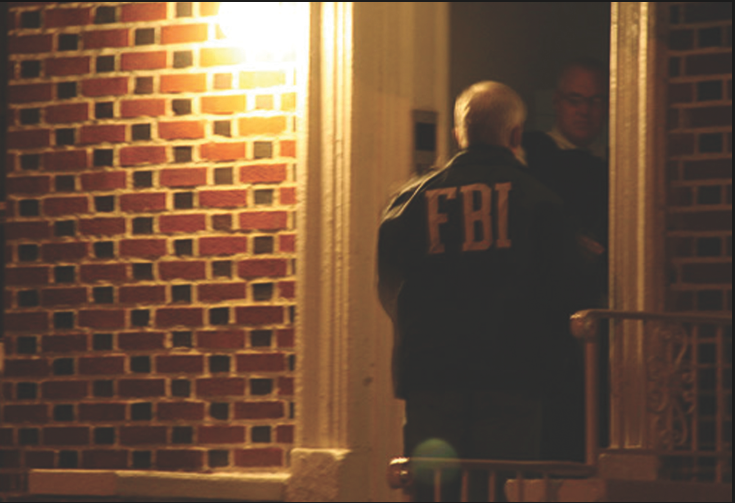You Do Not Have to Consent to a Search
Warrantless searches are allowed when certain conditions are met, for example, when someone consents to a search. Consent given in response to intimidation and threats by police is not valid.

If you voluntarily permit law enforcement to search you or your property, a search warrant is not needed.
A consent to search will likely serve to make a warrantless search acceptable and any “evidence” located admissible in a criminal prosecution. In United States v Lee, 793 F3d 680 (6th Cir. 2015), the court upheld a lower court’s denial of Lee’s motion to suppress. Lee was on parole. He lived with his girlfriend. Police received a tip that there were possible weapons at the residence. A warrantless search ensued. The lower court said the search was acceptable because (1) there was consent, and (2) there was reasonable suspicion. The Sixth Circuit Court doubted that there was reasonable suspicion based on a single tip, without more. However, the court upheld the search based on consent. Defendant’s girlfriend gave consent to the search. Defendant argued he could not give valid consent because he was handcuffed at the time. The court upheld the search based on the defendant having responded to an officer’s question about there being anything he should not have in the apartment by saying, “No. Go ahead and look.”
When the police are at your door and asking to look for something, the answer is “no!” After that, your response is silence. There is nothing good that can happen by agreeing to a search or saying anything to the police. Be courteous, but respectfully decline a search, clearly say you want a lawyer, and otherwise remain silent. If the police are entering your home without consent or seizing property without your consent, do not resist, or you will be charged with a crime. The proper remedy is a motion to suppress evidence and a lawsuit.

Some Police Officers Lie About Consent to Search
If the system worked perfectly, there might be less of a need for criminal defense lawyers. However, the system is imperfect, and some police officers falsely claim that someone consented to a search. An officer who would make a false claim of consent may rely on a judge believing them instead of the accused defendant. Often, police and prosecutors turn a blind eye to officers of questionable character and integrity because dealing with police misconduct is difficult.
It takes an incredibly savvy and fearless defense lawyer to attack false evidence created by a police officer and prove that the officer’s representations are untruthful or inaccurate. Skillful cross-examination, a thorough investigation, and a passion for exposing police misconduct are required. The criminal defense lawyers with LEWIS & DICKSTEIN, P.L.L.C. have extensive experience attacking and exposing deficient investigations and false evidence.

Fighting to Suppress Illegally Seized Evidence
A consent to search does not always make a warrantless search acceptable. Each case is unique and needs an independent evaluation. Because these cases are all different and present distinctive challenges and legal issues, you need a criminal law defense specialist to evaluate your situation and determine if you have a valid argument that the consent was not voluntary, or a search was unconstitutional. Evidence seized due to a constitutional violation is generally not admissible in a court hearing, including a trial. These are all issues that a first-rate criminal defense attorney can go over with you and discuss the issues and possible defenses that may exist in your particular case.
The attorneys with LEWIS & DICKSTEIN, P.L.L.C. have decades of experience successfully defending clients on felony and misdemeanor charges. The firm takes great pride in fighting to protect its clients from misuse of the criminal justice system. The attorneys at LEWIS & DICKSTEIN, P.L.L.C. will stand up for your rights and ensure that you have the level playing field you deserve.
Call us today at (248) 263-6800 for a free consultation or complete a Request for Assistance Form. We will contact you promptly and find a way to help you.

